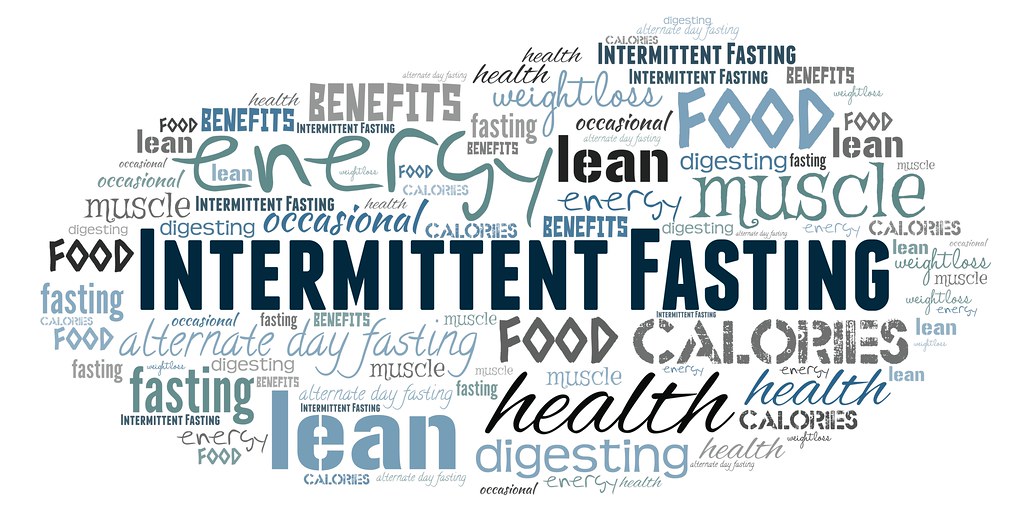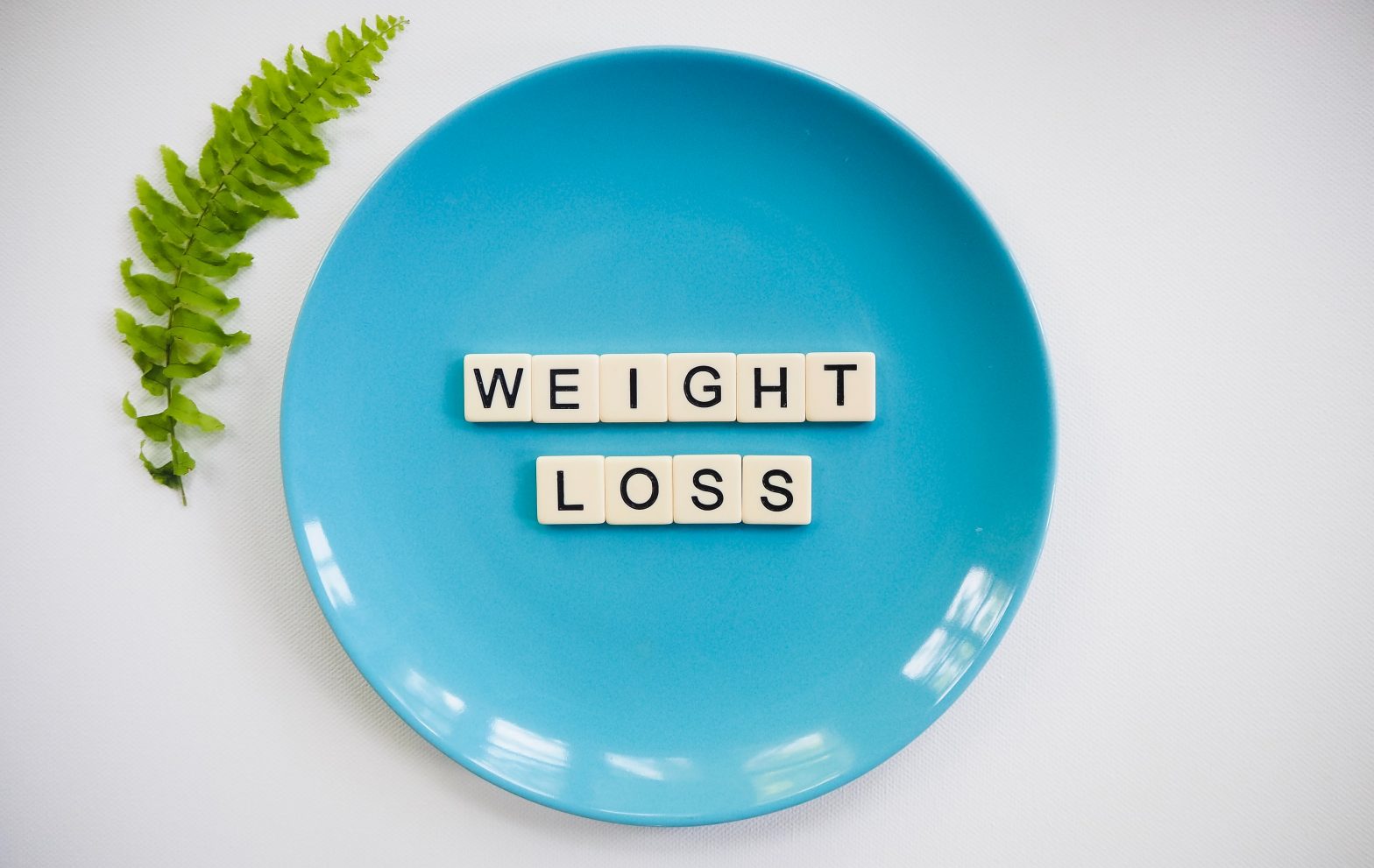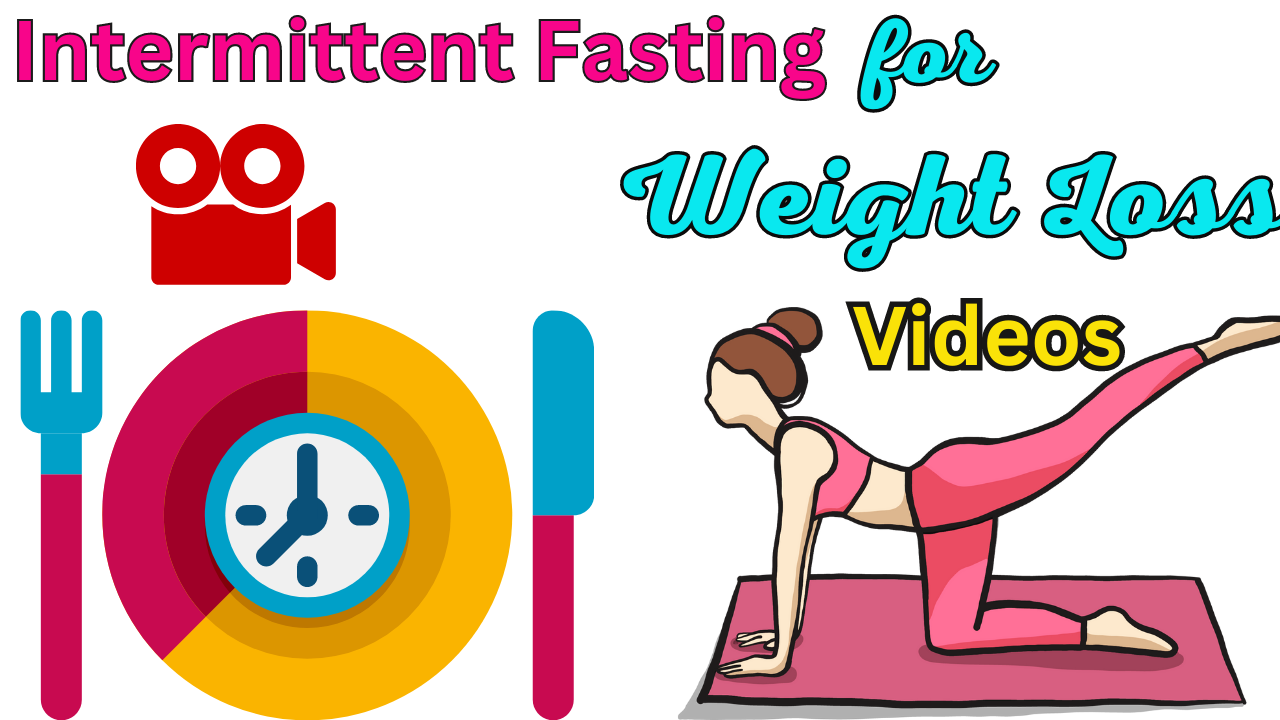
Although intermittent fasting might sound like a new fad diet, it is actually just a fancy word of describing our natural eating patterns. Many of us have access to 24-hour food, however, our bodies are still built to support a much shorter eating span, after all our ancestors did not have access to a 24-hour grocery store, and sometimes they went hungry. A 16/8 fasting is simply an easy way to break down the day for fasting. You consume your entire caloric requirement within an 8-hour window and hold off the rest of the day. So in a nutshell, 16/8 fasting is most simply described as eating during the day and not eating at night. Sounds pretty simple right? That’s because it actually kind of is.
Steven R. Gundry (born July 11, 1950) is an American physician and author. He is a former cardiac surgeon and currently runs his own clinic, investigating the impact of diet on health.
Let’s listen to Dr. Stephen Gundry to find out more about why the 16/8 diet can help you lose weight and improve your health without ever feeling restricted or deprived.
Dr. Stephen Gundry:
So why is 8/16 fasting good for your health? If you have been with me a while, you know I am a huge fan of intermittent fasting. In fact, during certain parts of the year, I eat all my calories during a 2-hour window and fast the other 22 hours of the day. It worked for me for the last 12 years, but it doesn’t work for everyone. This is where the 8/16 method comes in; if you are doing 8/16 fasting, here is how it works.
You eat all your calories during an 8-hour window, say, 10 am to 6 pm. The rest of the time you simply don’t eat or drink any calories, though water, unsweetened tea, or black coffee is fine. It is that simple and it is amazing for your health. Why? because Intermittent Fasting is how your ancestors evolved to eat, no, not on a precise clock like this plan, but based on when they found food.
It is not like the hunter-gatherers of the past always found two eggs for breakfast after all. Sometimes they had a wild boar to feast on; other times, they go days without a meal. That is how your body evolved. I would never tell you to go days without eating, without supervision. But keeping your body guessing a little is a great way to optimize your health. In fact, a recent study looked at Intermittent Fasting and people with type 2 diabetes, the results of the study showed about a 15-pound weight loss in about a 3-month time period. Why? Well, if you are restricting the time you are going to eat food, you are going to restrict the calories you eat too because it is virtually impossible to cram all the calories in a small amount of time. Plus, even if your stomach growls a little bit at first, it takes some getting used to after all. Your body knows how to handle a little hunger, and you will be okay. In fact, I tell my patients to embrace their hunger.
So with all the fasting methods out there, why 8/16? Well, it is not that it is better than any of the other methods but for a lot of people, it’s easier, because if you can still eat lunch with your co-workers and dinner with your family, you are less likely to feel deprived and when you don’t feel deprived you are more likely to stick with the plan. That is why I am a big fan of 8/16 fasting; for a lot of my patients, it is sustainable no matter what your lifestyle is and ultimately your health is my no.1 concern. So I suggest picking a couple of weeks that work for you and committing to an 8/16 fasting. Just schedule it so you can enjoy the meal that is most important to you and your family, that way you can live your life and enjoy lasting health too.







Leave a Reply